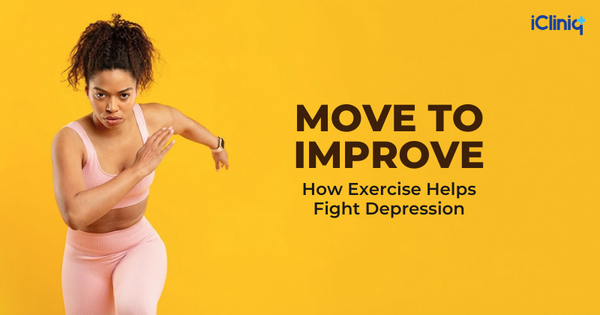Longer Sleep Linked to Stroke

The results of a new study point out that sleeping for a long time might increase the chances of an individual to suffer from a stroke.
A group of Chinese researchers recently published results after following 31,750 men and women whose average age is 62. This was a six-year-long study that used physical examinations and self-reported individual data on sleep. The results showed that while compared to sleeping(or even being in bed trying to do so) for seven to eight hours every night, sleeping for nine hours or more relatively increases the risk of stroke in a person by 23%. Even sleeping for less than 6 hours in a day has now effects on the person’s risk of stroke.
 This neurological study also shows data that taking a nap for 90 minutes or more every day can be associated with increasing the risk of stroke in an individual by 25% compared to the people who take a nap for 30 minutes or lesser. It comprehensively shows that people who sleep nine hours a day and also have taken naps for more than 90 minutes every day are 85% more like to suffer from a stroke.
This neurological study also shows data that taking a nap for 90 minutes or more every day can be associated with increasing the risk of stroke in an individual by 25% compared to the people who take a nap for 30 minutes or lesser. It comprehensively shows that people who sleep nine hours a day and also have taken naps for more than 90 minutes every day are 85% more like to suffer from a stroke.

This habit of oversleeping affects the process in which your body stores fat and also your body’s ability to lose fat. A study clearly distinguishes the effects of oversleeping on weight gain. The six-year-long study shows that people who sleep for a cumulative period of 10+ hours on a day on average, are at a higher risk of suffering from obesity than people who sleep for 7-8 hours a day.
The commonly known fact is the lack of sleep can be bad for a person but this sheds light on the fact that oversleeping can also be dangerous. Listed below are other most typical negative effects of oversleeping. These can be a motivators for you to wake up early tomorrow morning.
1.HEADACHE

Oversleeping can become triggers for bad headaches and migraines. “Weekend headache” is a phenomenon, which is believed to be a result of the variations in the level of vital neurotransmitters, such as serotonin. Taking long naps during the day will also disrupt your sleeping pattern during the night. This can also lead to morning sickness.
2.BACK PAIN

If you already suffer from back pain, oversleeping can aggravate your symptoms. Lying down for a prolonged period of time, that too in a position not ideal for your backbone, can make your muscles stiffer and increase the pain. Doctors usually recommend patients with back pain to stay active and limit the time you go to sleep. It is advised that you spend your spare time exercising rather than sleeping.
3.MENTAL DISORDER

Chronic oversleeping can result in your brain aging faster than it usually should. Specifically, in the case of older adults, spending a lot of time sleeping ages your brain by up to 2 years. This process can affect your memory and concentration. It also takes a toll on your ability to perform basic tasks as well. Such symptoms might result in you developing a degenerative mental disorder.
4.DIABETES

Apart from making your lifestyle sedentary and increasing your weight, oversleeping can also increase your risk of developing type II diabetes.
5.FATIGUE

Spending a long time in bed sleeping makes awakening in the middle more frequent and reduces the time in which your body gets proper restful sleep. This also causes day time fatigue resulting in you suffering from impaired cognitive abilities, mood swings and affecting your concentration, increasing the risk of you even meeting with an accident.





